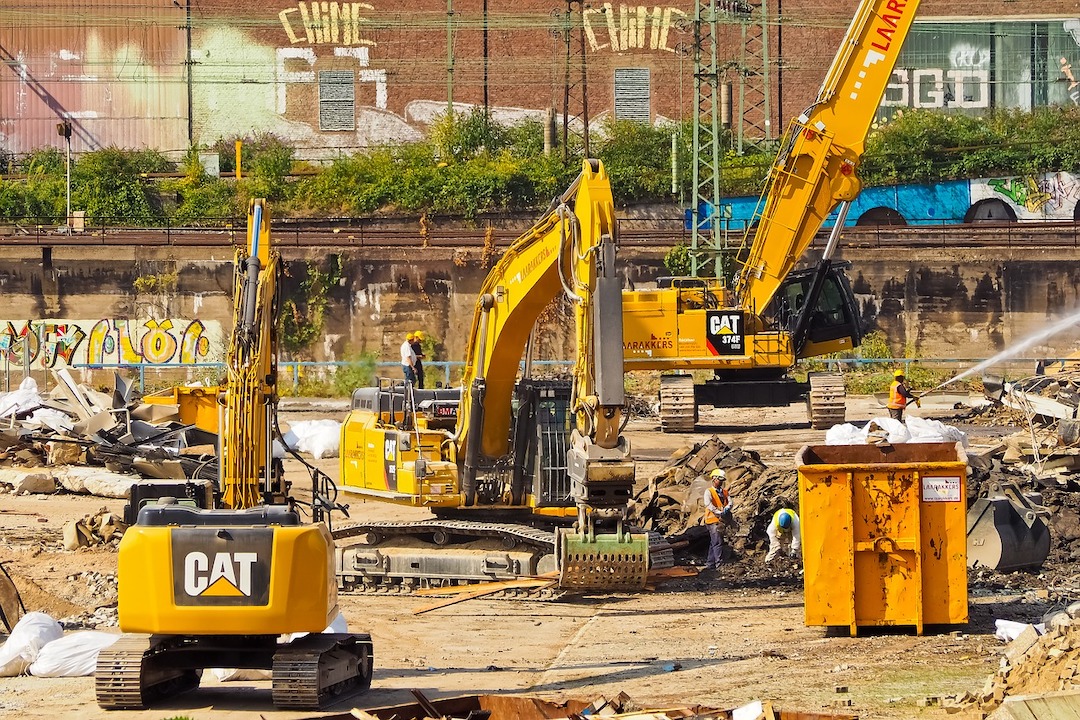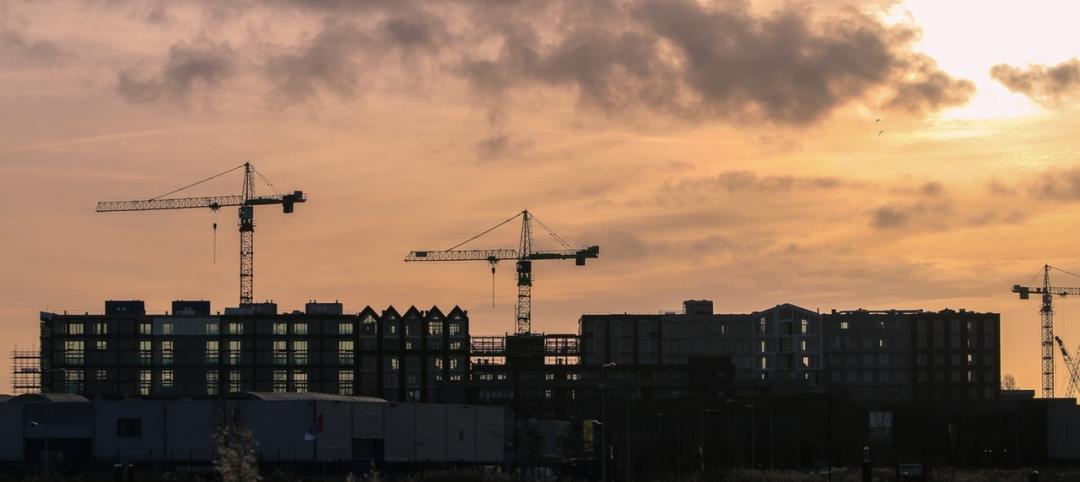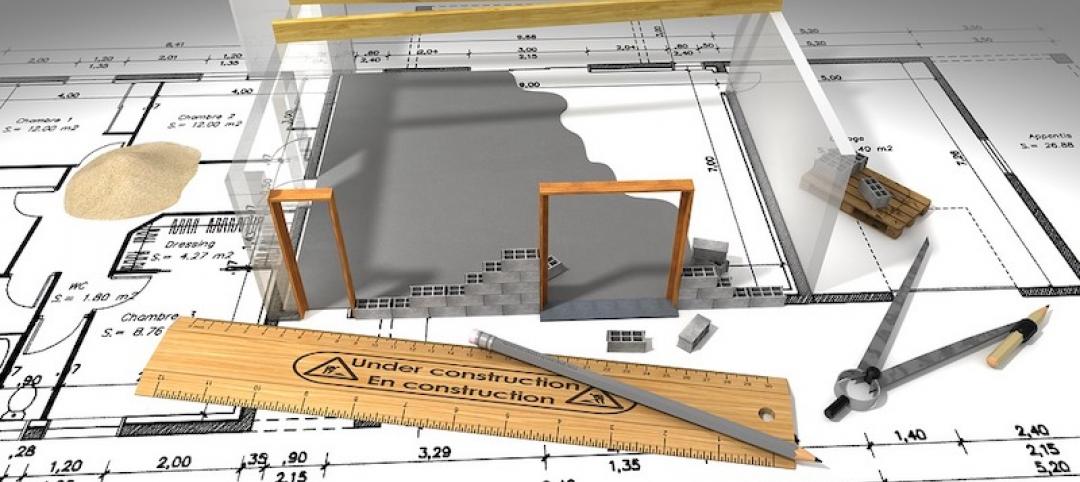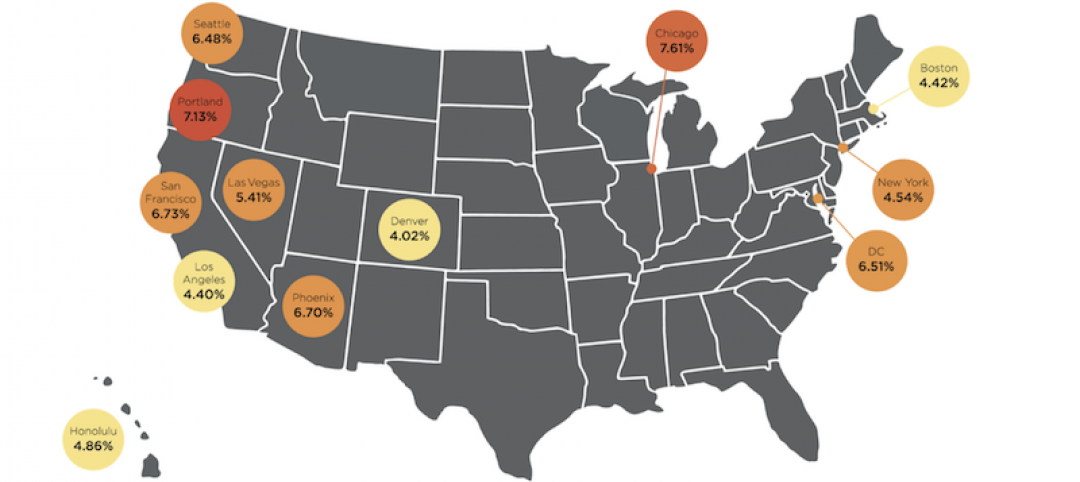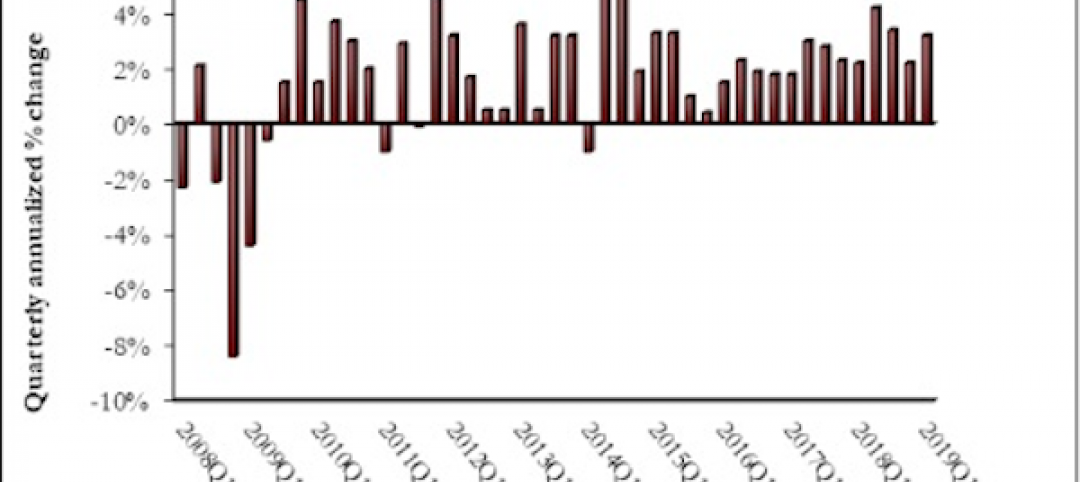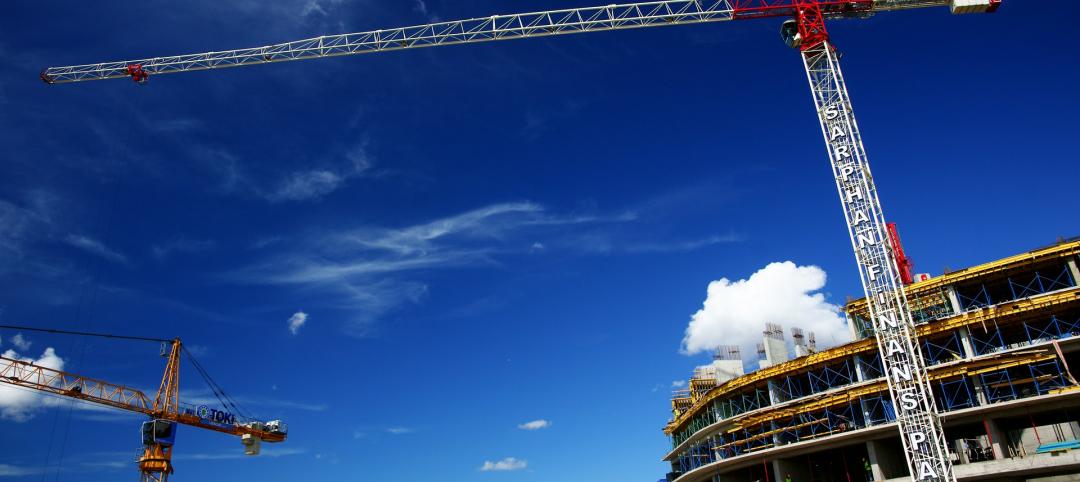Construction employment dipped by 5,000 jobs between December and January even though hourly pay rose at a record pace in the past year, according to an analysis by the Associated General Contractors of America of government data released today. Association officials said future job gains are at risk from several factors that are slowing projects, as detailed in the Construction Inflation Alert that it will post on February 7.
“Contractors are struggling to fill positions as potential workers opt out of the labor market or choose other industries,” said Ken Simonson, the association’s chief economist. “In addition, soaring materials costs and unpredictable delivery times are delaying projects and holding back employment gains.”
Simonson noted that average hourly earnings in the construction industry increased 5.1% from January 2021 to last month--the steepest 12-month increase in the 15-year history of the series. The industry average of $33.80 per hour exceeded the private sector average by nearly 7%. However, competition for workers has intensified as other industries have hiked starting pay and offered working conditions that are not possible in construction, such as flexible hours or work from home.
Since January 2021 the industry has added 163,000 employees despite the decline last month. But the number of unemployed jobseekers among former construction workers shrank by 229,000 over that time, indicating workers are leaving the workforce altogether or taking jobs in other sectors, Simonson added.
Construction employment totaled 7,523,000 last month, which was 101,000 jobs or 1.3% less than in pre-pandemic peak month of February 2020. However, the totals mask large differences between residential and nonresidential segments of the industry, Simonson said.
Nonresidential construction firms--general building contractors, specialty trade contractors, and heavy and civil engineering construction firms--lost 9,000 employees in January. Nonresidential employment remains 213,000 below the pre-pandemic peak set in February 2020. In contrast, employment in residential construction--comprising homebuilding and remodeling firms--edged up by 4,400 jobs in January and topped the February 2020 level by 112,000.
Association officials said the Construction Hiring and Business Outlook survey that it released in January showed most contractors expect to add employees in 2022 but overwhelmingly find it difficult to find qualified workers. The association will shortly post an updated Construction Inflation Alert to inform owners, officials, and others about the challenges the industry is experiencing with employment, materials costs, and delays.
“Construction firms are struggling to find workers to hire even as they are being forced to cope with rising materials prices and ongoing supply chain disruptions,” said Stephen E. Sandherr, the association’s chief executive officer. “But instead of addressing those challenges, the Biden administration is adding to these problems with a new executive order that will inflate the cost of construction, discriminate against most workers and undermine the collective bargaining process.”
View the construction employment table. View the association’s Outlook survey.
Related Stories
Market Data | Jun 3, 2019
Nonresidential construction spending up 6.4% year over year in April
Among the 16 sectors tracked by the U.S. Census Bureau, nine experienced an increase in monthly spending, led by water supply and highway and street.
Market Data | Jun 3, 2019
4.1% annual growth in office asking rents above five-year compound annual growth rate
Market has experienced no change in office vacancy rates in three quarters.
Market Data | May 30, 2019
Construction employment increases in 250 out of 358 metros from April 2018 to April 2019
Demand for work is outpacing the supply of workers.
Market Data | May 24, 2019
Construction contractors confidence remains high in March
More than 70% of contractors expect to increase staffing levels over the next six months.
Market Data | May 22, 2019
Slight rebound for architecture billings in April
AIA’s ABI score for April showed a small increase in design services at 50.5 in April.
Market Data | May 9, 2019
The U.S. hotel construction pipeline continues to grow in the first quarter as the economy shows surprising strength
Projects currently under construction stand at 1,709 projects/227,924 rooms.
Market Data | May 9, 2019
Construction input prices continue to rise
Nonresidential input prices rose 0.9% compared to March and are up 2.8% on an annual basis.
Market Data | May 7, 2019
Construction costs in major metros continued to climb last year
Latest Rider Levett Bucknall report estimates rise at more than double the rate of 2018 Growth Domestic Product.
Market Data | Apr 29, 2019
U.S. economic growth crosses 3% threshold to begin the year
Growth was fueled by myriad factors, including personal consumption expenditures, private inventory investment, surprisingly rapid growth in exports, state and local government spending and intellectual property.
Market Data | Apr 18, 2019
ABC report: 'Confidence seems to be making a comeback in America'
The Construction Confidence Index remained strong in February, according to the Associated Builders and Contractors.


